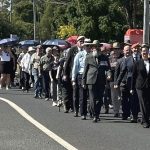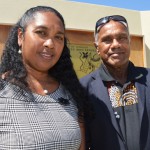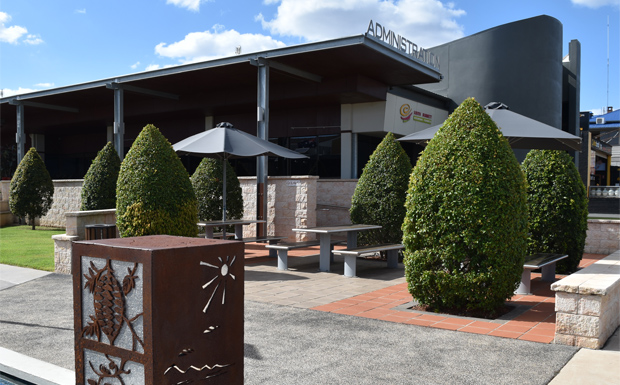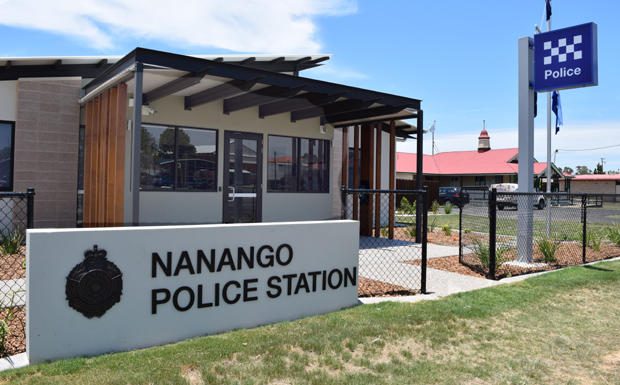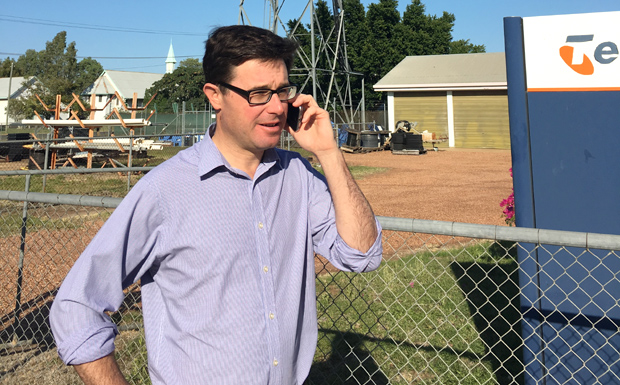
October 31, 2016
Federal Member for Maranoa David Littleproud has welcomed an ACCC inquiry into mobile phone domestic roaming, and believes its introduction is inevitable.
The ACCC will investigate whether it should force telecommunications carriers to share mobile phone infrastructure.
This would mean customers of one carrier’s network would be provided better coverage through access to another carrier’s network for a fee.
This is the third time in 18 years the ACCC has looked into domestic roaming.
It did not regulate the issue in 1998 or 2005 because it formed the view carriers would commercially negotiate roaming between themselves.
Mr Littleproud has been urging carriers to come together to negotiate a commercially viable solution to expand coverage across regional Australia for consumers before the ACCC is forced to regulate the industry, but has been left disappointed.
“I’ve made it very clear the telcos should get a fair return for the infrastructure investment they’ve made in rural Australia, and I challenge them to tell consumers what that number is and let them decide whether they want to pay their provider for additional coverage, not be automatically told no,” Mr Littleproud said.
With duplication of mobile phone towers by competing carriers in regional areas unlikely due to lower population densities, Mr Littleproud believes national roaming would not only improve competition and coverage for voice services, but also has the potential to provide better coverage and competition for data services.
He believes this would significantly advance the development and liveability of regional Australia.
Mr Littleproud said Telstra had been to see him to warn of a reduction in their investment in further regional and rural infrastructure if national roaming was introduced.
“I challenged Telstra at that meeting to tell me the extent of their own investment in regional Australia, leaving aside the taxpayer dollars that have already been provided to that company to allow it to increase its coverage,” Mr Littleproud said.
“I also asked Telstra to tell me what a fair return would look like for allowing access to other carriers, but to date I’ve heard nothing.”
Mr Littleproud said international experience in countries with similar population densities had shown infrastructure investment by larger carriers increased after domestic roaming was declared.
“But if Telstra believes international experience is wrong, I am happy for them to tell me why that won’t be the case in Australia.”
Mr Littleproud said he will be preparing a submission to the inquiry, and encouraged anyone affected by limited coverage or with an interest in mobile roaming to either make a submission themselves, or contact his office to raise their concerns.
“It is important that the ACCC and the telcos understand how rural areas are limited when it comes to teleconnectivity,” he said.
The discussion paper can be found on the ACCC’s website.
Submissions can be made via the ACCC’s Consultation Hub or by email.
To contact Mr Littleproud and contribute to his submission, send him an email.
Inquiry submissions close on November 25 and will be made public on the ACCC’s website.
The ACCC expects to deliver its decision on mobile roaming early next year.








